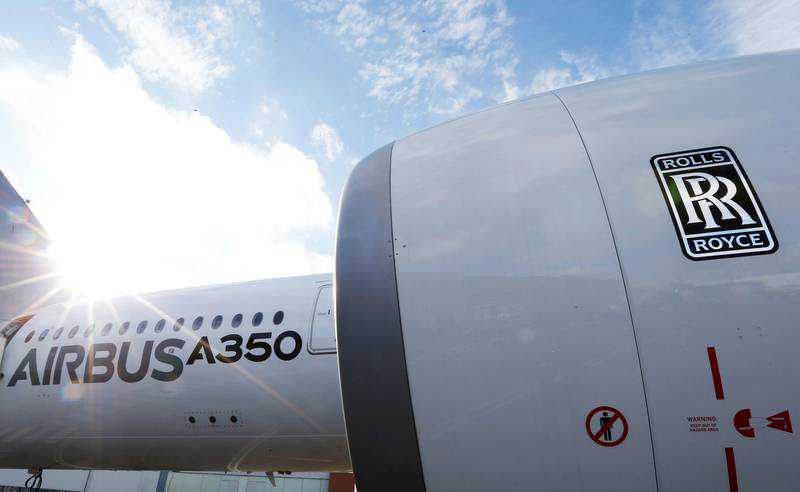Airbus slightly lowers 20-year forecast for aircraft demand

Airbus slightly lowered its 20-year forecast for new aircraft demand compared with the pre-pandemic level of 2019. It said it expects an increasing share of deliveries to be for replacements with more fuel-efficient jets and is bullish about the outlook for freighters.
The European plane maker forecasts demand for 39,020 new passenger and freighter jets by 2040, compared with 39,213 aircraft it predicted in 2019, according to its latest Global Market Forecast revealed on Saturday before the Dubai Airshow.
Of these 30,020 new aircraft deliveries, about 40 per cent, will be to replace older, less fuel-efficient planes, as airlines seek to reduce their carbon emissions.
“As economies and air transport mature, we see demand increasingly driven by replacement rather than growth,” Christian Scherer, chief commercial officer and head of Airbus Group International, said. “Replacement being today’s most significant driver for decarbonisation.”
As a result, by 2040 the vast majority of commercial aircraft in operation will be of the latest generation, up from 13 per cent currently, Airbus said.
The global aviation industry has made a commitment to reach a net-zero carbon emissions target by 2050, propelled by switching to more fuel-efficient jets, use of sustainable aviation fuel and operational efficiencies before the availability of hydrogen-powered aircraft in the mid-2030s.
The Toulouse-based manufacturer forecasts that demand for new planes will include 29,700 small aircraft, such as its A220 and A320 family of narrow-body jets, while another 5,300 will be medium-sized jets such as the A321XLR and the A330neo.
It said there is a need for 4,000 large aircraft to be delivered by 2040, which includes the A350 twin-engine only, with the A380 double-decker production halted.
Freight is a rare bright spot for the aviation industry amid the Covid-19 pandemic, which hammered passenger traffic last year.
Airbus forecasts the need for 2,440 freighters in the next two decades. Of these, 880 will be new-build, as opposed to conversions from passenger aircraft, increasing from 855 two years ago.
Cargo demand, boosted by e-commerce, is driven by expected growth in express freight of 4.7 per cent a year and general cargo growth of 2.7 per cent a year, the company said.
Airbus is launching a freighter version of its A350 widebody to gain a greater share of the lucrative cargo market.
“I am quite happy with the market response we’re getting around the world and in the region on the A350 freighter. It’s a very unique proposition,” Mr Scherer said.
Airbus expects to announce orders for the A350 freighter “soon”, he said, without elaborating.
Overall, Airbus expects the pandemic to wipe out two years of traffic growth, with the industry returning to pre-crisis levels by 2023-2024, according to the forecast.
The plane maker cut its forecast for average annual growth in passenger traffic to 3.9 per cent, from 4.3 per cent in 2019.
In line with the need for more efficient planes, the commercial aviation services market that includes maintenance, training, upgrades, flight operations, dismantling and recycling, will be worth $4.8 trillion in the next 20 years, Airbus said.
This will trigger demand for 550,000 new pilots and 710,000 technicians in the next two decades, it said.
Previous Story
- Google loses antitrust battle with EU as court...
- JPMorgan turns bullish on UK stocks for the...
- ECB member says inflation could be nearing the...
- European markets start the new trading week on...
- Hybrid cars' green credentials under scrutiny
- Toyota ranked one of worst major automakers for...
- Climate change: What are the big polluters doing...
- Polish PM accuses EU of blackmail as row...